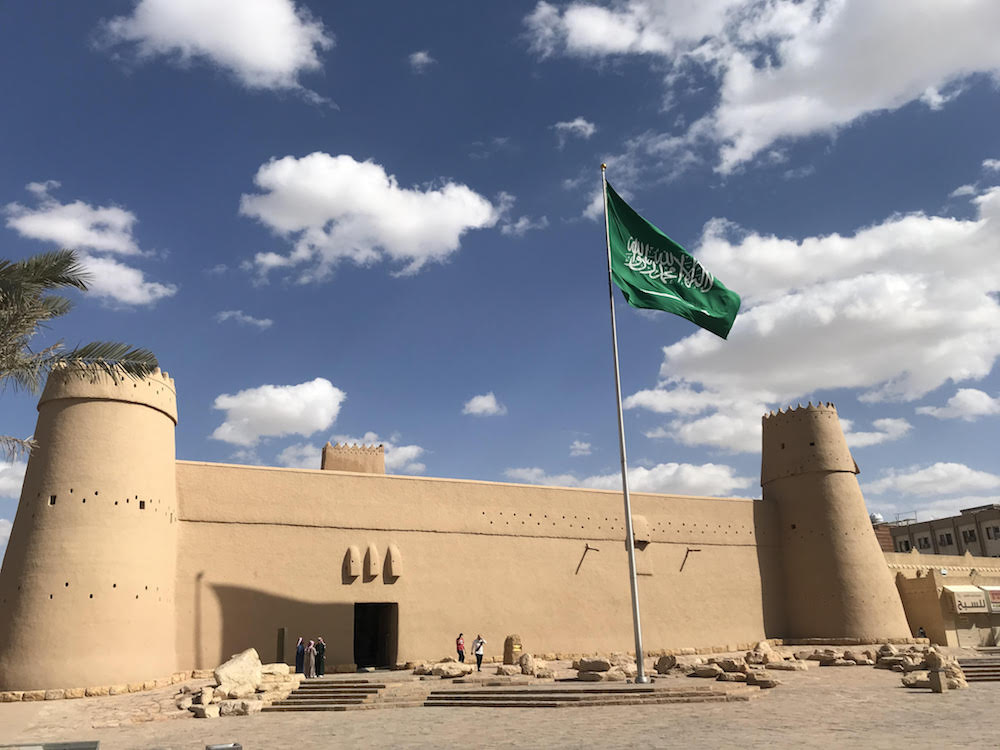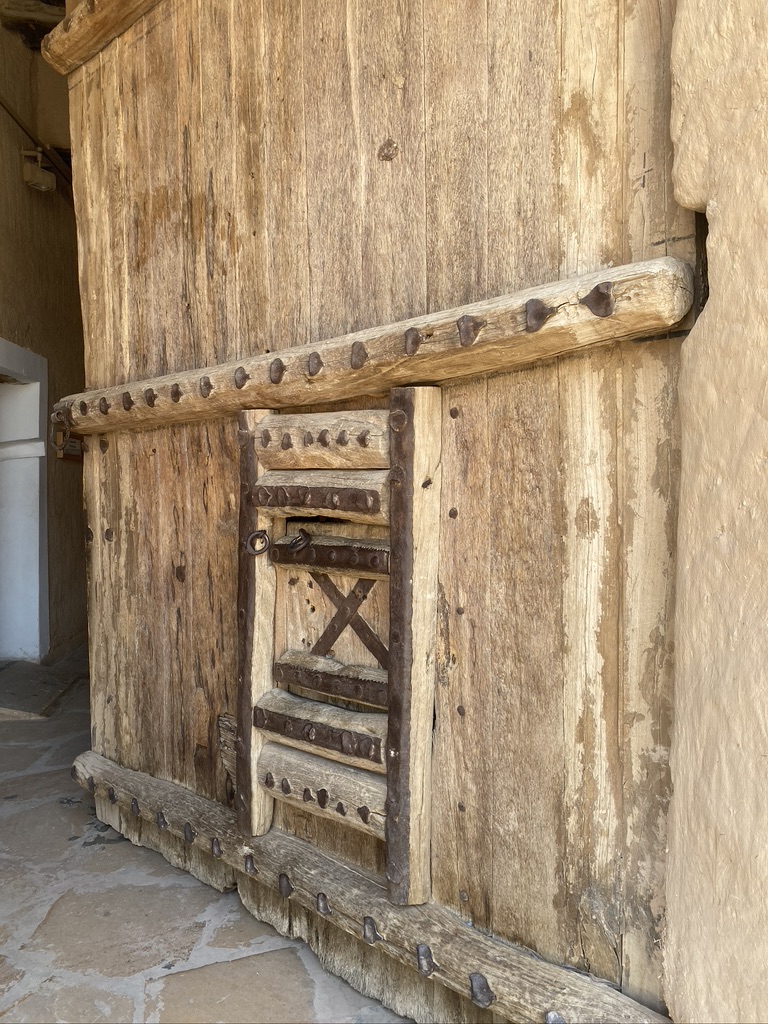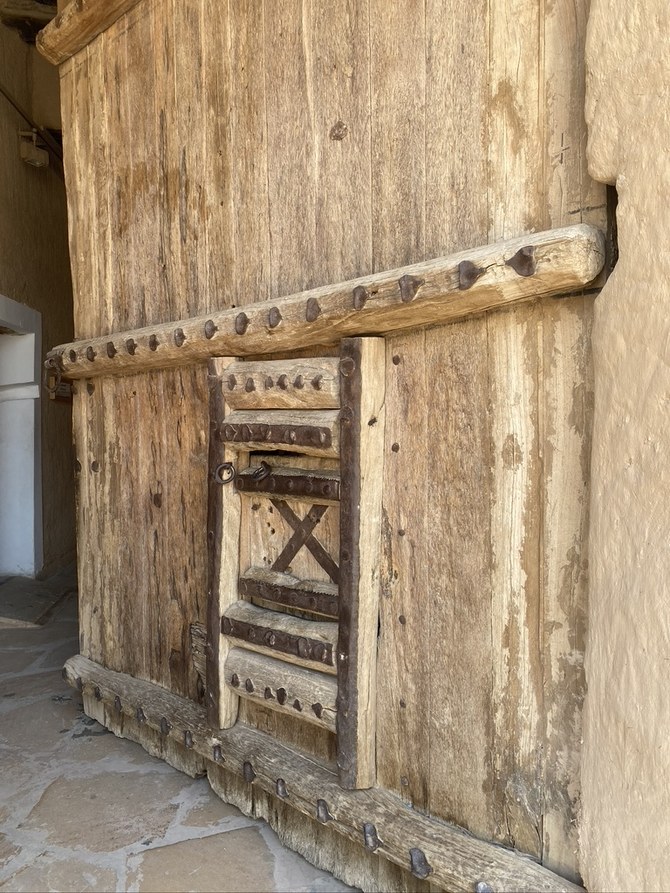RIYADH: It is easy to overlook the historical importance of Masmak Fortress and the role it played in the unification of the provinces that became the nation of Saudi Arabia in 1932. But three decades earlier, the recapture of the towering citadel in Riyadh by the future King Abdulaziz and 63 men was integral to the evolution of the Kingdom.
“King Abdulaziz almost died in this battle, but he won and when he won he started the unification,” Saleh S. Binsaif, the director of Al-Masmak Museum, told Arab News.
“If he had been captured and killed in that battle there would be no Saudi Arabia, or at least there would not be a Saudi Arabia in the form it is today. I think it would be a completely different form.”

Known as the symbol of unification, Masmak Fortress is home to site of the battle that restored the ruling power to the Al-Saud family. (Supplied)
A symbol of the unification of Saudi Arabia, Masmak Fortress was the site of the historic battle that turned the tide of the struggle for control in favor of the House of Saud and paved the way for modern-day Saudi Arabia.
Built in 1865 during the Second Saudi State, the fortress was given the name Masmak, the Arabic word for a tall, strong building with thick walls. It was the main base for the defense of Riyadh, housing the garrisons that protected the city and their ammunition stores.
The House of Saud’s rule over the Second Saudi State lasted only 16 years. When it collapsed in 1881, and the Al-Rasheed family took control, the former ruling family was forced to flee into exile in Kuwait.

Located on the western side of the Fortress the 3.60 m. high the gate is made of palm trunks and rush plant. (Supplied)
There they remained until, in the early hours of Jan. 15, 1902, Abdulaziz ibn Abdul Rahman Al-Saud arrived in Riyadh accompanied by 63 men. He told 23 of them to wait at the border in case the mission failed, then entered the capital with the rest in an attempt to recapture the fortress — and with it the city.
Their chance came when the Rasheedi governor Ajlan, who occupied the fortress at the time, left the safety of its walls to check on his horses outside. As Abdulaziz launched his attack, Ajlan’s guards emerged and attempted to get him back inside.
During the fighting Fahad ibn Jalawi ibn Turki, cousin of Abdulaziz, threw a spear at Ajlan but it missed and became embedded in the gate of the fortress. The tip of the spear remains there to this day and is a famous symbol of the battle.

(Khokha) was the location where Ajlan was being pulled into the window by his men and King Abdulaziz was attempting to pull him out. (Left) Prince Fahad ibn Jalawi’s spearhead can be seen still embedded into the fortress gate today. (Right)
As the fighting continued, Abdulaziz’s men breached the gate and the battle moved inside the fortress. Ajlan was killed and his men surrendered.
While the battle itself could be considered brutal and bloody, Abdulaziz knew many of the soldiers guarding the fortress as they had previously served his family. It was simply their duty to serve Ajlan after his family took control, but once Abdulaziz recaptured the fortress they immediately surrendered and returned to serving the House of Saud.
One of Abdulaziz’s men then climbed to the top of the fortress and announced to the people of Riyadh that Abdulaziz had returned and was now Emir of Riyadh.
It marked that start of his unification movement in the Arabian peninsula which, 30 years later, resulted in the founding of the Kingdom of Saudi Arabia.






























